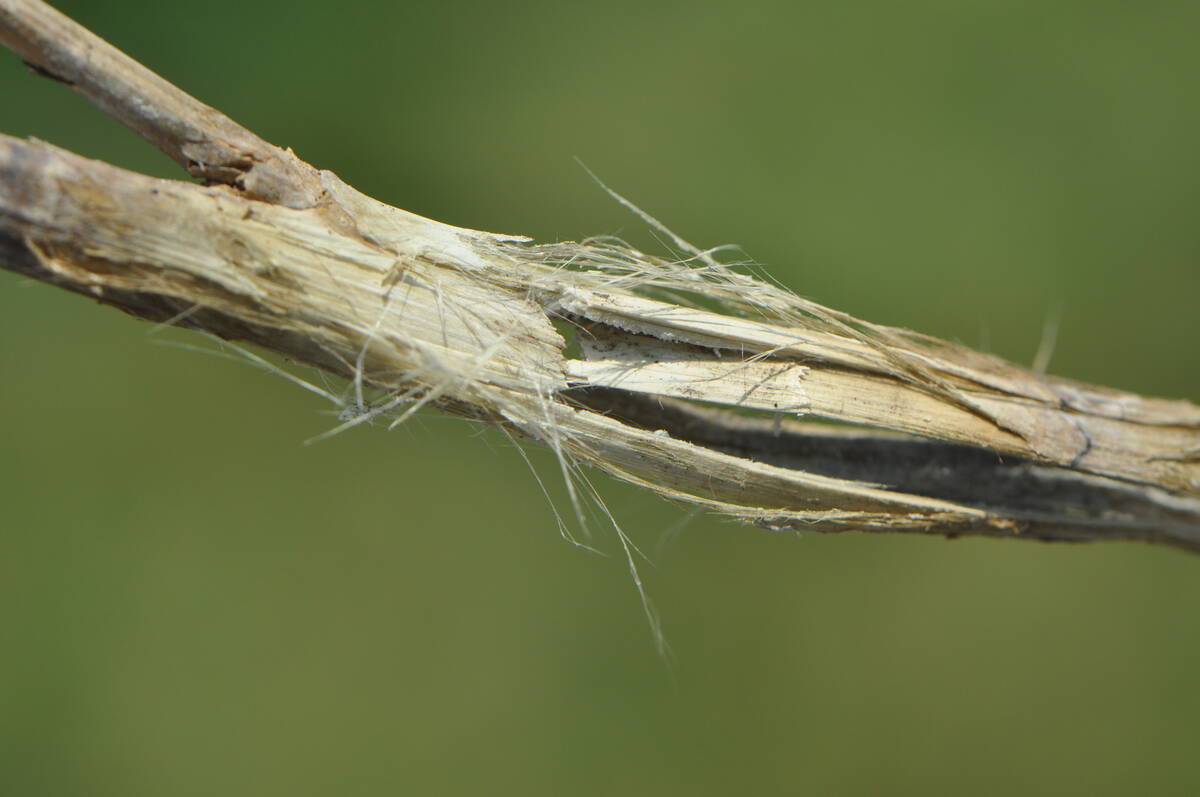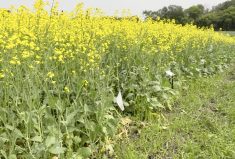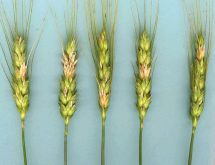This letter is in response to Carl Classen’s letter of May 5, 2011, wherein he states: “I strongly object to the efforts of the Manitoba Canola Growers to put canola under the Canadian Wheat Board.”
Nothing could be further from the truth. MCGA directors were very clear in media interviews (as well as in the producer survey carried in the two farm newspapers) that this initiative was carried out in response to the democratic wishes of its farmer members expressed at an annual meeting.
The MCGA was specifically directed by its members to explore “alternative marketing options” for canola. The newspaper survey simply asked canola growers what percentage of their crop (if any) they would like to market in this manner if the option were available through the CWB. It was just that simple.
Read Also

Manitoba sclerotinia picture mixed for 2025
Variations in weather and crop development in this year’s Manitoba canola fields make blanket sclerotinia outlooks hard to pin down
He was perfectly within his rights to choose not to commit any tonnes to this option and to give his reasons why. If he had done a little research on the subject, he would know that putting all canola marketing under the CWB is next to impossible due to the provisions of the NAFTA. Classen should also know that many producers who are strong supporters of the CWB did not respond to the survey because they were concerned that voluntary marketing, if applied to wheat, would be the slippery slope to a dual market and the demise of the CWB.
As an MCGA director, I am very proud of the democratic and transparent process we used to engage canola growers across the Prairies. It is an example that I wish other commodity organizations would follow. Open democratic policy making involving the grass-roots is always preferable to the behind-closed-door lobbying some groups practise.
Wilfred Harder Director, Manitoba Canola Growers Association Lowe Farm fossil fuel-burning production as any other crop, adding more greenhouse gas emissions.
I, being a farmer myself, would love to see alternative means of production and transportation, although, that would put us back to the days of horses and plows.
As for the nice sentiment of baking your own bread, that is all that it is. Unless the country would get together on a large scale and go back to having your own vegetable garden, done by hand, or be allowed to go directly to the producer, the chances of reducing the greenhouse gas emissions in the food production sector are slim.
By baking your own bread you are not reducing anything. In fact you are adding. The big factory will not bake less because the odd person likes homemade to store bought. No, now your oven is on also for four hours, using power it would not have if that bread was a bought one.
While you might think that the homemade loaf of bread is better for you and the environment, it leaves a bitter footprint on the planet. Just like the loaf on the store shelf with the “best before” date.
Inga Goritz Beausejour, Man.
Please forward letters to Manitoba Co-operator, 1666 Dublin Ave., Winnipeg, R3H 0H1 or Fax: 204-954-1422 or email: [email protected] (subject: To the editor)


















